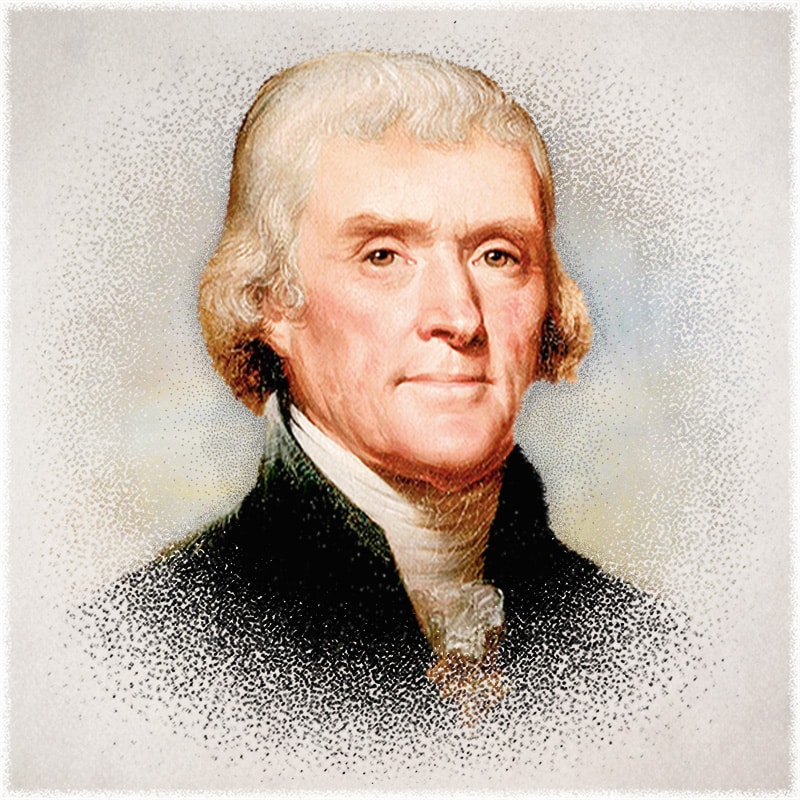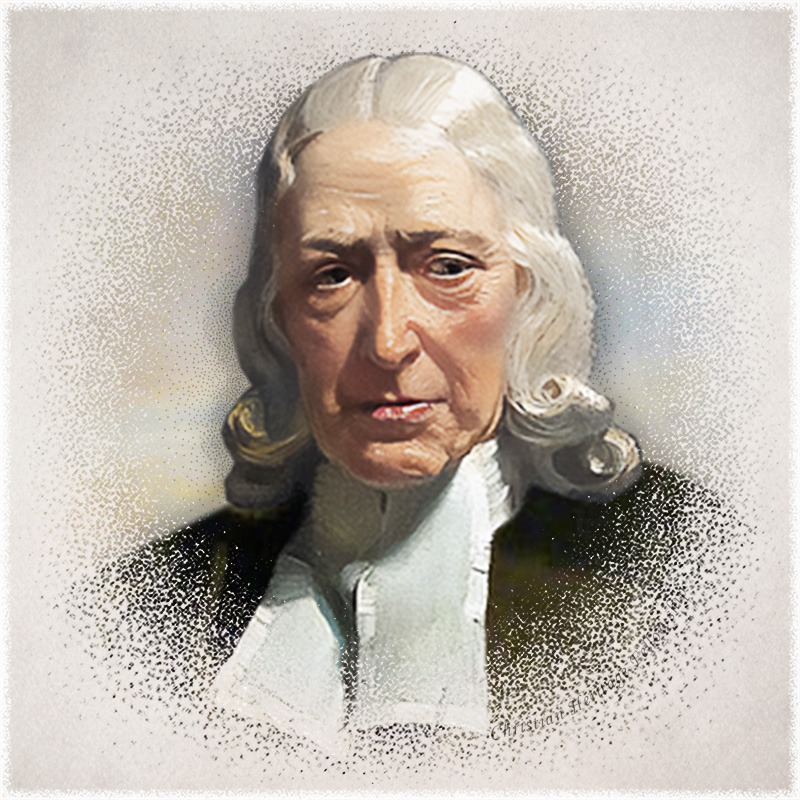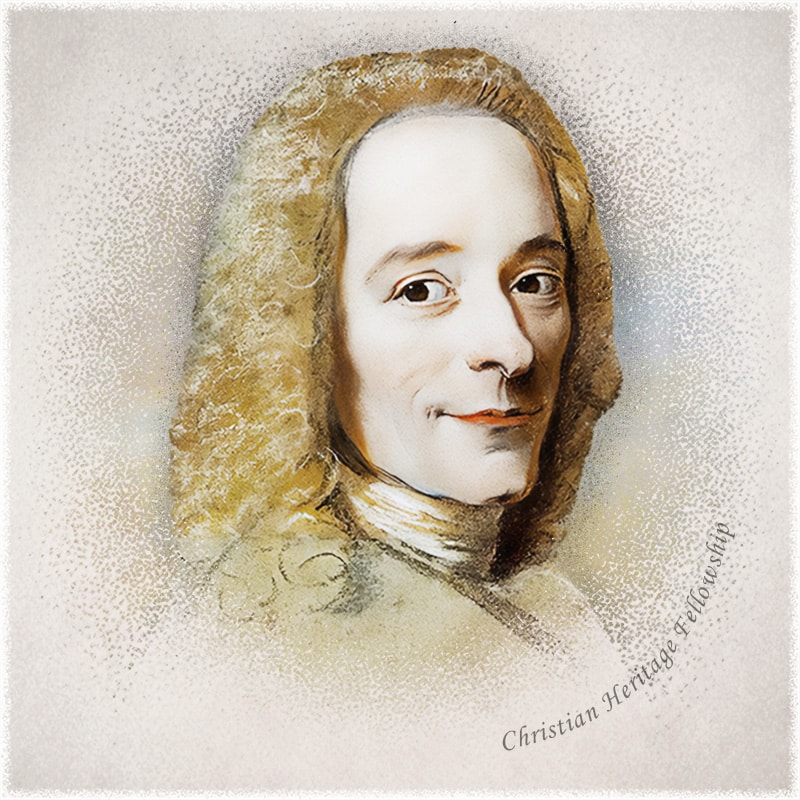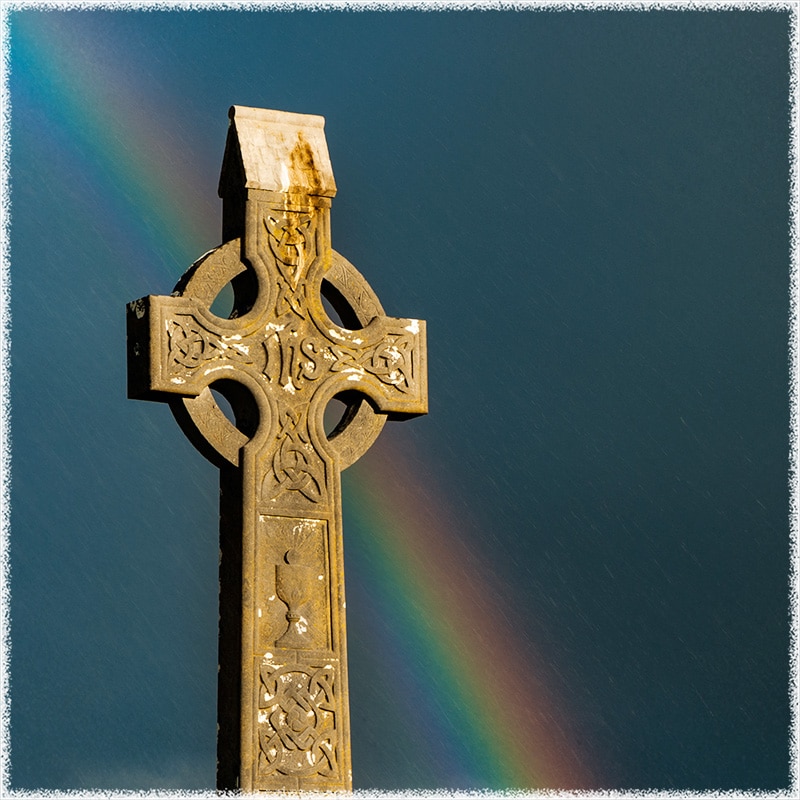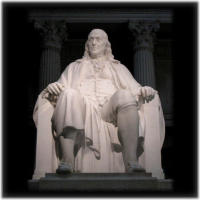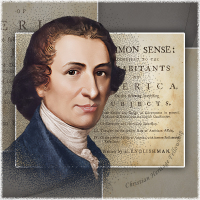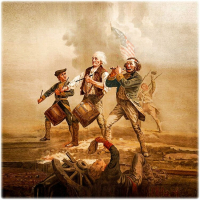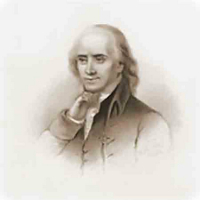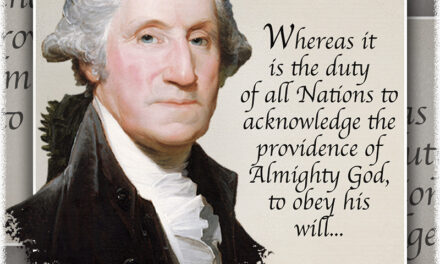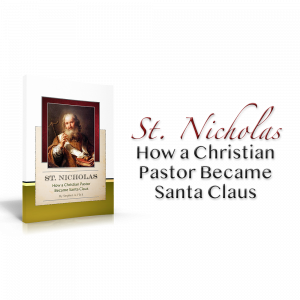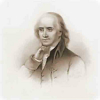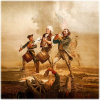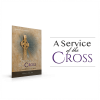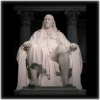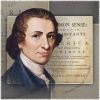John Adams on the Christian Origin of America
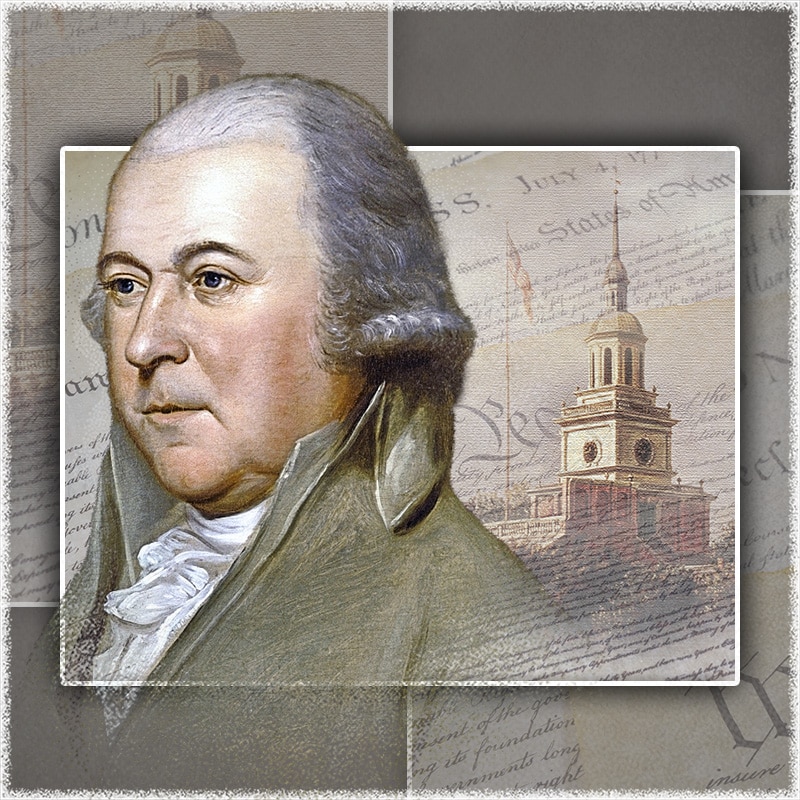
The attack against the Christian origin of America began in earnest in the late 1940s in the Supreme Court decision of Everson VS Board of Education (1947). In the late nineteenth century, liberalizing influences driven by Darwinian philosophy jettisoned historic American legal studies in law schools throughout America, that—prior to this time period—had faithfully remembered the Christian influence upon America and its laws. And, because textbooks have been edited to exclude acknowledgement of America's Christian origin, the irreligious or secularists have enjoyed great success in advancing their attacks against the truth. If the historical facts concerning America's Christian origin had remained in textbooks and other forms of literature, Americans would now be well equipped to refute the deceptive practices of irreligion or wrong religion that have crippled or destroyed other nations around the world.John Adams on the Christian Origin of America
Article Contents
Tragically, many Christians have taken up the siren song of secularists, and against the avalanche of private and public documents have conceded to the enemies of truth that America's Founding Fathers were deists—or more specifically were completely irreligious. But, in fact the Founding Fathers have bequeathed thousands of documents to their descendants demonstrating they were not deists, atheists, or agnostics. Rather, they have left a ringing testimony of their Christian commitments—as individuals and en masse.
One of the many Founding Fathers who left a testimony of both his private and public Christian commitment was John Adams—patriot, signer of the Declaration of Independence, first Vice President of the United States, second President, and one of two men to sign the Bill of Rights. Few had labored as strenuously or as extensively in securing American independence and setting the young nation upon a solid national foundation as did John Adams. For this reason, his letter to Thomas Jefferson—written late in both men's lives—and his remembrance of the role of Christianity in the birth of America is of particular importance. Having already neglected a myriad of evidences against their unbelief, scoffers and secularists will not be persuaded by this letter, but for the candid and sincere, primary evidence from the Founding Fathers always outweighs the opinion of those set on the demise of America! Refuting the notion that the American Revolution was waged around principles which today are often employed by secularists against Christians, Adams clearly identifies the religious unifying forces of American independence. Responding to other sources from which he quotes, Adams addressed the real source of American independence—"the general principles of Christianity." Read it and share it with a friend:
John Adams to Thomas Jefferson, June 28, 1813
From John Adams
Quincy June 28th 1813
Dear Sir
It is very true, that “the denunciations of the Priesthood are fulminated against every advocate for a complete freedom of religion.”[1] Denunciations,[2] I believe, would be plenteously pronounced, by even the most liberal of them, against atheism, deism; against every man who disbelieved or doubted the Resurrection of Jesus or the miracles of the New Testament. [Heretic, Dr. Joseph] Priestley himself would denounce the man who should deny the Apocalypse, or the prophecies of Daniel. Priestley and Lindsay both have denounced as idolaters and blasphemers, all the Trinitarians[3] and even the Arians.[4] Poor weak man, when will thy perfection arrive! Perfectibility I shall not deny: for a greater character than Priestley or Godwin has said “Be ye perfect...”[5] For my part, I cannot deal damnation round the land on all I judge the foes of God or man, but I did not intend to say a word on this subject, in this letter. As much of it as you please hereafter: but let me now return to politics.
With some difficulty, I have hunted up, or down, “the Address of the young men of the City of Philadelphia, the District of Southwark, and the Northern Liberties:” and the Answer.
The addressers say “Actuated by the same principles on which our forefathers achieved their independence, the recent attempts of a foreign power to derogate from the dignity and rights of our country, awaken our liveliest sensibility, and our strongest indignation.” Huzza my brave boys! Could Thomas Jefferson or John Adams, hear these words, with insensibility, and without emotion? These boys afterwards add, “We regard our liberty and independence, as the richest portion given us by our ancestors.” And, who were these ancestors? Among them were Thomas Jefferson and John Adams. And I very coolly believe that no two men among those ancestors did more towards it than those two. Could either [Jefferson or Adams], hear this like statues? If, one hundred years hence, your letters and mine should see the light I hope the reader, will hunt up this address and read it all, and remember that we were then engaged or on the point of engaging in a war with France. I shall not repeat the answer, till we come to the paragraph, upon which you criticized to Dr. Priestley; though every word of it is true, and I now rejoice to see it recorded, and though I had wholly forgotten it.
The paragraph is, “Science and morals are the great pillars on which this country has been raised to its present population, opulence and prosperity, and these alone, can advance, support and preserve it.” “Without wishing to damp[en] the ardor of curiosity, or influence the freedom of inquiry, I will hazard a prediction, that after the most industrious and impartial researches, the longest liver of you all, will find no principles, institutions, or systems of education, more fit, in general to be transmitted to your posterity, than those you have received from your ancestors.”
Now, compare the paragraph in the answer, with the paragraph in the address, as both are quoted above, and see if we can find the extent and the limits of the meaning of both.
Who composed that [American Revolutionary] army of fine young fellows that was then before my eyes? There were among them, Roman Catholics, English Episcopalians, Scotch and American Presbyterians, Methodists, Moravians, Anabaptists, German Lutherans, German Calvinists, Universalists, Arians, Priestleyans,[6] Socinians, Independents, Congregationalists, Horse Protestants and House Protestants, deists and atheists; and “Protestants qui ne croyent rien.” Very few however of several of these species.[7] Never the less all educated in the general principles of Christianity, and the general principles of English and American liberty.
Could my answer, be understood, by any candid reader or hearer, to recommend, to all the others, the general principles, institutions or systems of education of the Roman Catholics? or those of the Quakers? or those of the Presbyterians? or those of the Mennonites? or those of the Methodists? or those of the Moravians? or those of the Universalists? or those of the Philosophers? No.
The general Principles, on which the Fathers achieved independence, were the only principles in which, that beautiful assembly of young gentlemen could unite, and these principles only could be intended by them in their address, or by me in my answer. And what were these general principles? I answer, the general principles of Christianity, in which all those sects were united; and the general principles of English and American liberty, in which all those young men united, and which had united all parties in America, in majorities sufficient to assert and maintain her independence.
Now I will avow, that I then believed, and now believe, that those general principles of Christianity, are as eternal and immutable, as the existence and attributes of God: and that those principles of liberty, are as unalterable as human nature and our terrestrial, mundane system. I could therefore safely say, consistently with all my then and present information, that I believed they would never make discoveries in contradiction to these general principles. In favor of these general principles in philosophy, religion and government, I could fill sheets of quotations from Frederick of Prussia, from Hume, Gibbon, Bolingbroke, Rousseau and Voltaire; as well as Newton and Locke: not to mention thousands of Divines and Philosophers of inferior Fame.[8]
I might have flattered myself that my sentiments were sufficiently known to have protected me against suspicions of narrow thoughts contracted sentiments, bigoted, enthusiastic or superstitious principles—civil, political, philosophical, or ecclesiastical. The first sentence of the Preface to my Defense of the Constitutions, Vol. 1, printed in 1787 is in these Words “The arts and sciences, in general, during the three or four last centuries, have had a regular course of progressive improvement. The inventions in mechanic arts, the discoveries in natural philosophy, navigation and commerce, and the advancement of civilization and humanity, have occasioned changes in the condition of the world and the human character, which would have astonished the most refined nations of antiquity.” &c I will quote no farther: but request you to read again that whole page, and then say whether the writer of it, could be suspected of recommending to youth, “to look backward, instead of forward” for instruction and improvement.
This letter is already too long. In my next, I shall consider “The Terrorism of the day.” Mean time, I am as
ever; your Friend
John Adams[9]
Though John Adams did not wish to be remembered as one who denied or discounted the importance of "The arts and sciences . . . during the [last] three or four centuries," he did wish to ensure that succeeding generations did not believe that, "Science and morals are the great pillars on which this country has been raised to its present population, opulence and prosperity, and these alone, can advance, support and preserve it.” Rather, Adams succinctly states here what is implicit and stated in greater length in other Founding Fathers; that is, "the general principle of Christianity" were the uniting forces with which America achieved her independence.
America deserves to know its true heritage.
Please contribute today!
"Anchor Elements" are concepts, events, individuals, terms, or other important components that are featured in this article and which act as reference points for use in other articles throughout our site.
No index entries found.
[1] John Adams is paraphrasing from Thomas Jefferson's letter to him which was written on June 15, 1813.
[2] The original terms used here was archaic—"Comminations."
[3] Those who believe the Christian teaching of the Trinity—that the Father, Son, and Spirit are all divine Persons.
[4] Those who deny the doctrine that Jesus was fully God.
[5] A reference to Jesus Christ and his teaching found in Matthew 5:48.
[6] Followers of Joseph Priestly.
[7] Adams notes that some of these groups were not present in the army in any significant number.
[8] Emphasis added
[9] Orthography updated slightly. The original scholarly version may be found at, John Adams, "John Adams to Thomas Jefferson, 28 June 1813," National Archives, June 28, 2017; https://founders.archives.gov/documents/Jefferson/03-06-02-0208.

